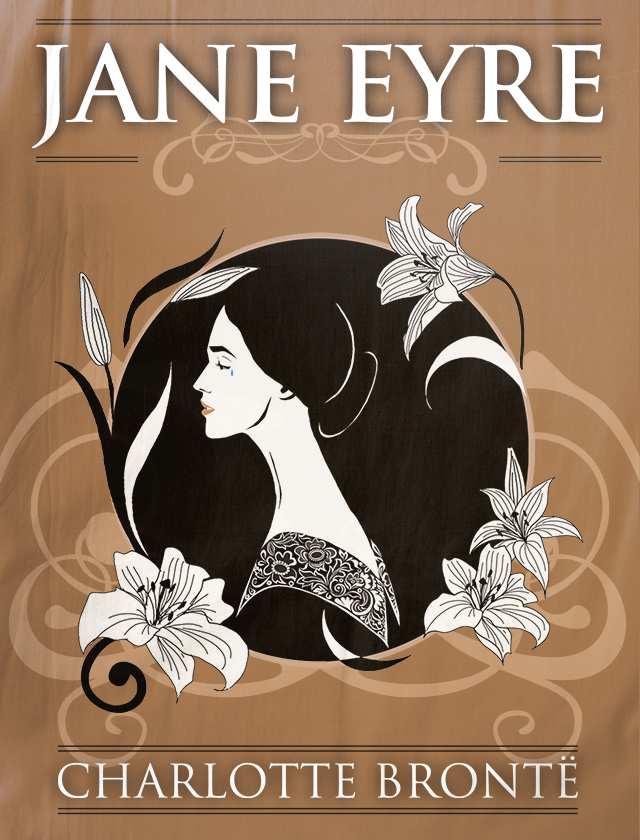Jane Eyre
by Charlotte Bronte
St. John Rivers
St. John Rivers—Although not introduced into the novel until the third part, his character plays a dramatic role in the final development of Jane. After having fled Thornfield, Jane throws herself entirely upon the mercy of God, praying that He will send someone to her who will have mercy on her situation. This person is St. John Rivers, who actually turns out to be her cousin.
St. John is the foil of Mr. Rochester. He has Rochester’s sternness but none of his humor or humanness. He is like marble, as Jane constantly reflects. He seeks not a lover in the proper sense, even though he proposes to Jane. Jane sees that she would be marrying his office rather than him, and thus refuses. St. John has an empathetic and sympathetic character, but it is stony where Mr. Rochester’s is deep and fertile and full of life. Mr. Rochester is self-indulgent and Byronic to a degree, whereas St. John is self-sacrificing and Calvinistic. Mr. Rochester can be yielding, whereas St. John is more often relentless in his austerity.
When St. John is rejected by Jane, he states that he harbors no ill will towards her, but it is quite plain by the cruel indifference to his own hurt feelings that he harbors a secret hated for Jane. What St. John shows is that even the most “spiritual” are prone to pride and spite. Jane does not hold these failings against him, however, and continues a correspondence with him right up to the end, when he provides the last words of the novel and indicates that the greatest love is that which comes from God and that the ultimate point of life is to enjoy an eternal union with Him. These words put Jane’s earthly happiness with Rochester into perspective. Although St. John’s austerity makes him cold and an unsuitable match for Jane, his mind is focused on the ultimate reality and serves as a memento mori—a reminder of death and the Judgment that follows.
Sign up to continue reading St. John Rivers >